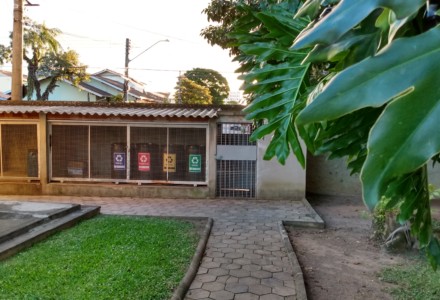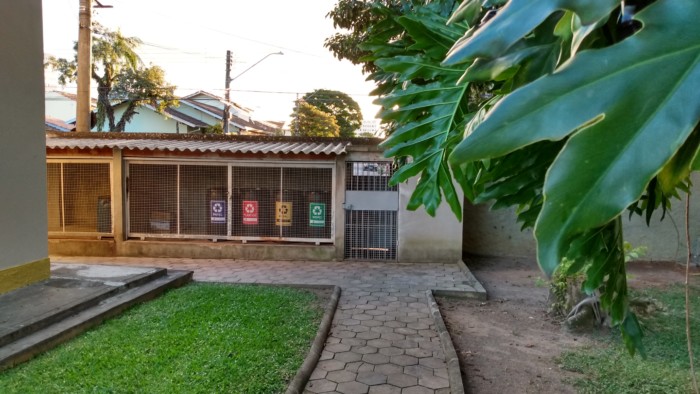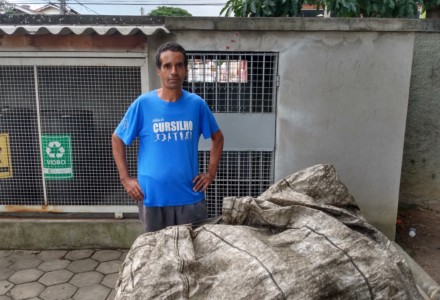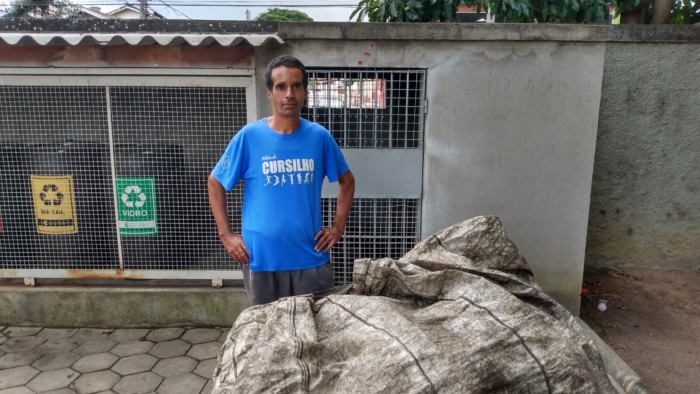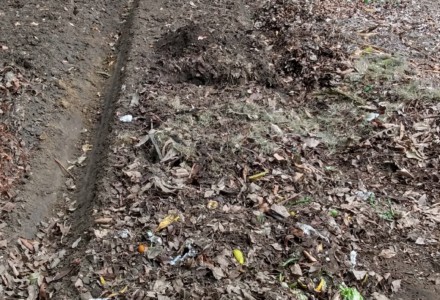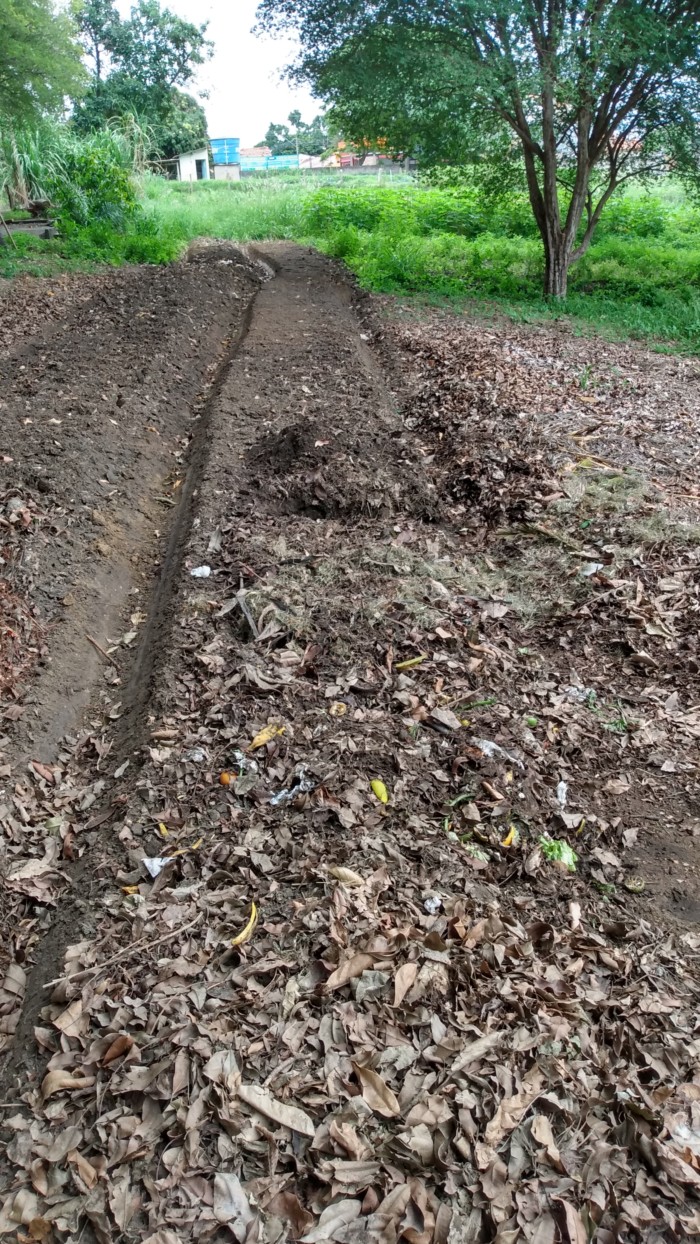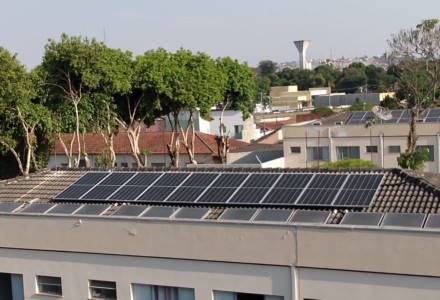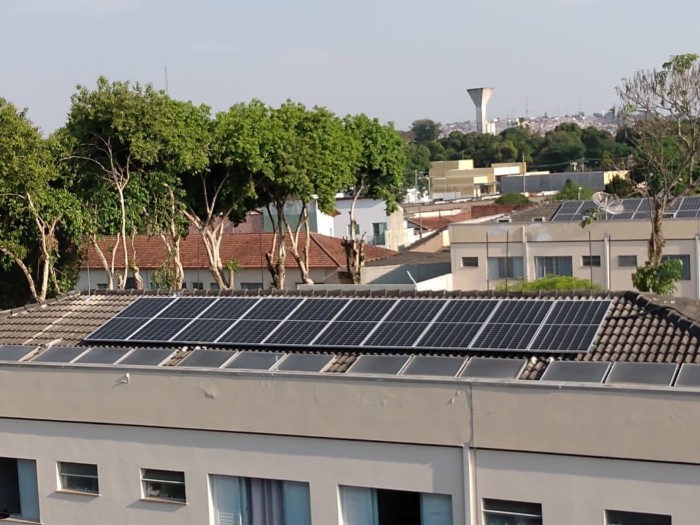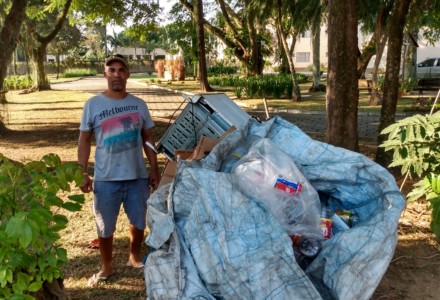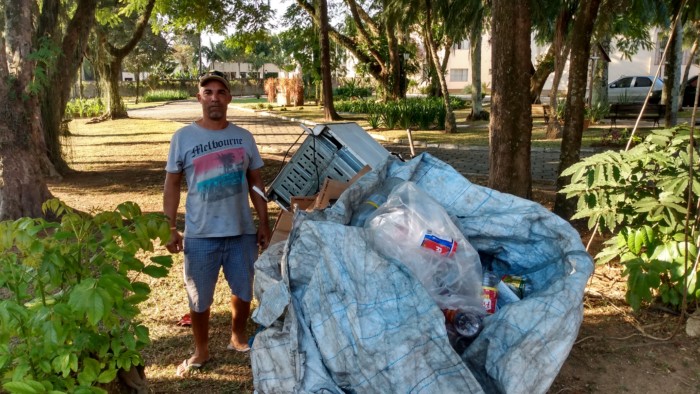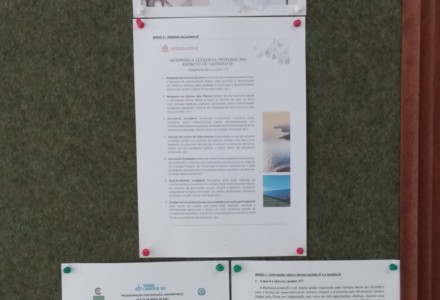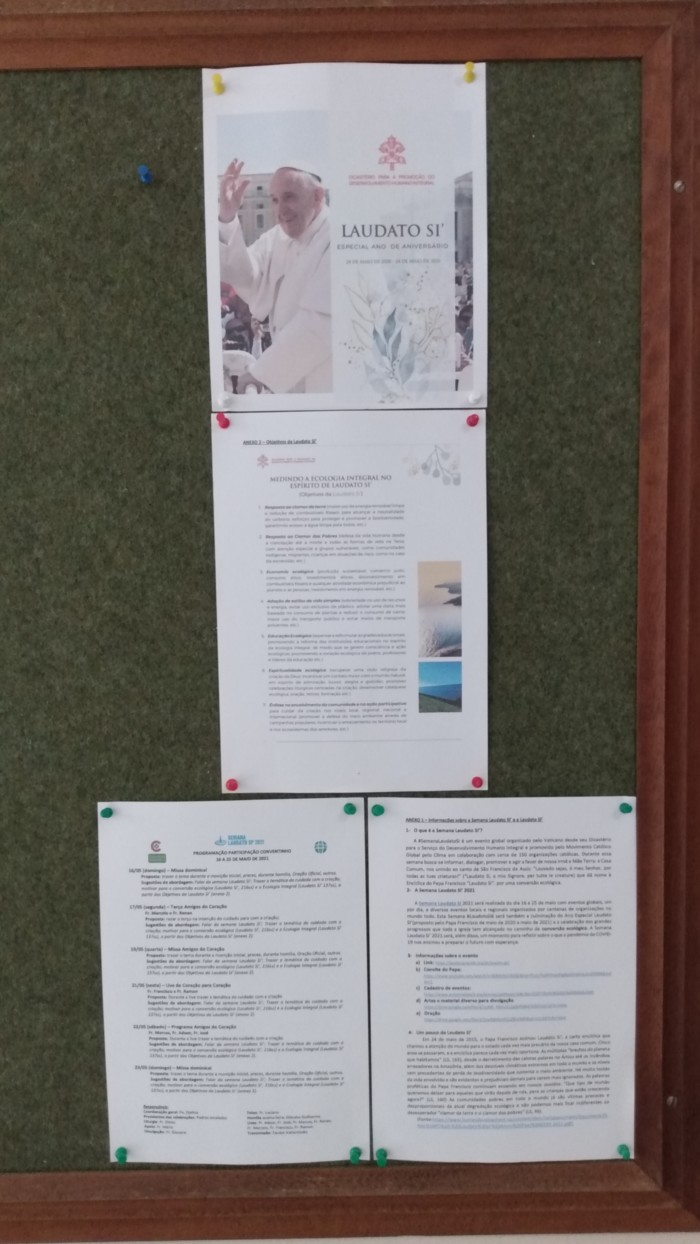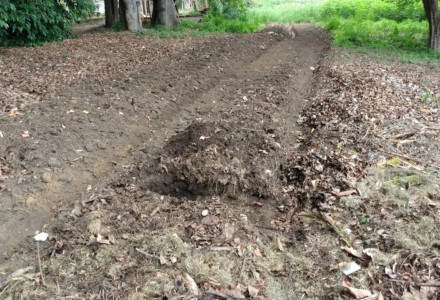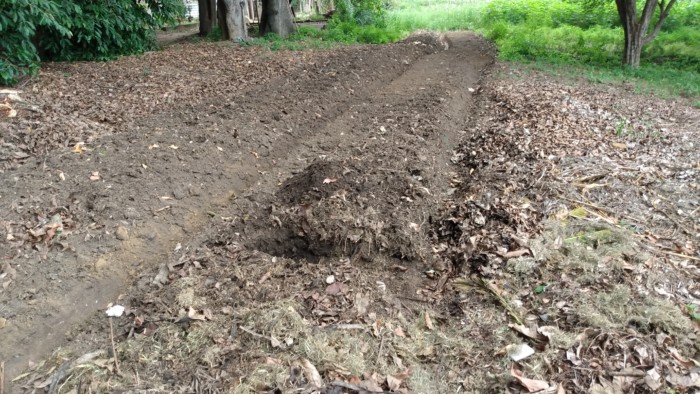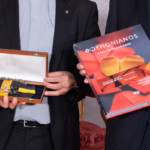In keeping with our charismatic roots, which presuppose the social dimension and “effective solidarity with people” (RL, 29), as well as moved by the calls of Pope Francis in the Encyclical Laudato Si’, our Sacred Heart of Jesus (Conventinho) convent has sought to live the conversion to ecological education and spirituality (LS, 202ff).
We are aware that the Encyclical Laudato Si’ is not simply a “green encyclical”, but a document of the Social Doctrine of the Church, as stated by Pope Francis. This being so, we feel very touched by its content, challenges, and proposals. We cannot be indifferent to the appeals of our Common House. As spiritual sons of Fr. Dehon, we feel the need to repair this reality that is a key topic of discussion in the most diverse social and ecclesial environments.
In this year of 2021, we have taken important steps to move forward on the path proposed by the Pope, both in terms of self-awareness and in terms of adopting concrete measures to make our house an increasingly sustainable and solidary space. In this sense, we have initiated some projects, which are directly related to the seven objectives of the aforementioned Encyclical. We will only mention the projects, without explaining them in detail:
- Installation of the photovoltaic energy system for the entire Convent, with the help of the General Economate of the Congregation.
- Expansion of the vegetable garden,sale of the surplus, helping in the maintenance of the house and a better relationship with our benefactors, friends and neighbors;
- “Laudato Si’ Panel”, which includes the use of three bulletin boards in the convent, designed to provide weekly information related to Laudato Si’ and the theme of ecological conversion;
- Improving the composting system, which is being incorporated directly into the soil. In a house with so many people, as is the case of our convent, the volume of organic waste is very large. Transforming this waste into fertilizer is a rewarding job;
- Weekly assistance to two families of recyclable material collectors, providing them with the already separated solid residues. What used to be trash is now a source of income for these people.
- Awareness talks with the religious and collaborators, based on what is exposed in Pope Francis’ Encyclical;
- Implantation of a system of separation and collection of solid residues (structured in: a) organic, b) recyclable, and c) non-recyclable, as established in the National Policy of Solid Residues).
A note deemed important: the projects outlined above have been planned and implemented in a collaborative and participative way, in a joint effort between religious and collaborators. We believe that, in this way, awareness and engagement can be more effective.
Our Congregation has been present in Taubaté for 101 years. The mission of this formation house, known affectionately by our people as “Conventinho”, is to form priests for the Church in Brazil and in the world. Many of the S.C.J.s who have passed through here play an important role in the Church in Brazil and in other mission places. Currently, 15 collaborators work with us. In addition, there are 55 religious, of whom 39 are doing their scholasticate. Since this is a house of formation, we believe that the work of education for integral ecology acquires special importance. This is not in too distant future, these religious will be in charge of various works and, based on the practice and knowledge assimilated here, they will be able to be formators of conscience with regard to integral ecology.
Our quest to live the ecological spirituality and integral ecology proposed by Pope Francis has naturally encountered joys and challenges. One of the joys is to think that this process, experienced by so many religious and collaborators, may have quite large resonances in the near future. Our biggest challenge is to continue on this path in a collaborative and ever-deeper way, in solidarity with the poor and in sustainability of our practices.
Note: If any of our confreres would like to correspond with us in order to share experiences, they can do so via e-mail: mariohcnunes@gmail.com.



